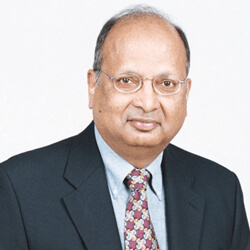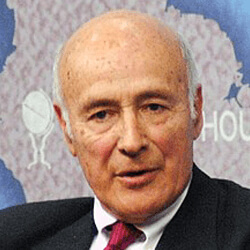
Nirupama Rao
Former Foreign Secretary, GOI
Reflections on India’s Foreign Policy
The canvas of Indian foreign policy rests on the strong foundation of Indian democracy. This large country, of almost continental proportions, with a huge and diverse population has enjoyed political stability, relative social harmony and order, a fast rate of economic growth, peaceful civil-military relations and is steadily meeting its goals of development. While it has not been an easy journey, it is a widely held view in the world that India in well on the way to becoming a leading global power. In the future, the definition of great or leading power must also incorporate beside strategic and economic strength, the recognition of India as a great democracy.
Today, the world is changing faster than it spins along its axis. We are experiencing the full tide of populism in an Age of Anger, of entitlement, of ambition, of impatience about the lack of fulfillment of ambition. Foreign policy is impacted by these trends. It is said we operate in the virtual public square. Diplomacy is conducted in an amphitheatre. Democratic politics is a game of survival, as Walter Lippmann once said, and the public exercises a massive veto on any change of course. The adversary cannot be appeased, crusading righteousness cannot be compromised; no peace with accommodation can be negotiated. Ours is the age of nationalism. Patriotism is worn on the sleeve, liberal is a frowned-upon adjective, and national sovereignty and autonomy are the guiding lights. The execution of foreign policy in India is no exception to this trend. Our Pakistan and China policies are examples of this. There is little scope for adjustment or accommodation. The other aspect is that our foreign policy, like the Indian ethos itself, tends to evolve glacially. Tradition, habit and the hesitations of history are not jettisoned easily. We are as a nation, risk averse which can also be interpreted as being that India can never act imprudently or rashly. The important question is how to realign or reset our policy approaches in the face of stiff strategic competition from China in various sectors of strategic and economic development, in terms of political influence in our neighborhood, her muscular assertiveness on territorial issues, and her providing all the strategic props that our incubus, Pakistan needs.
To read the full research paper, Subscribe.








